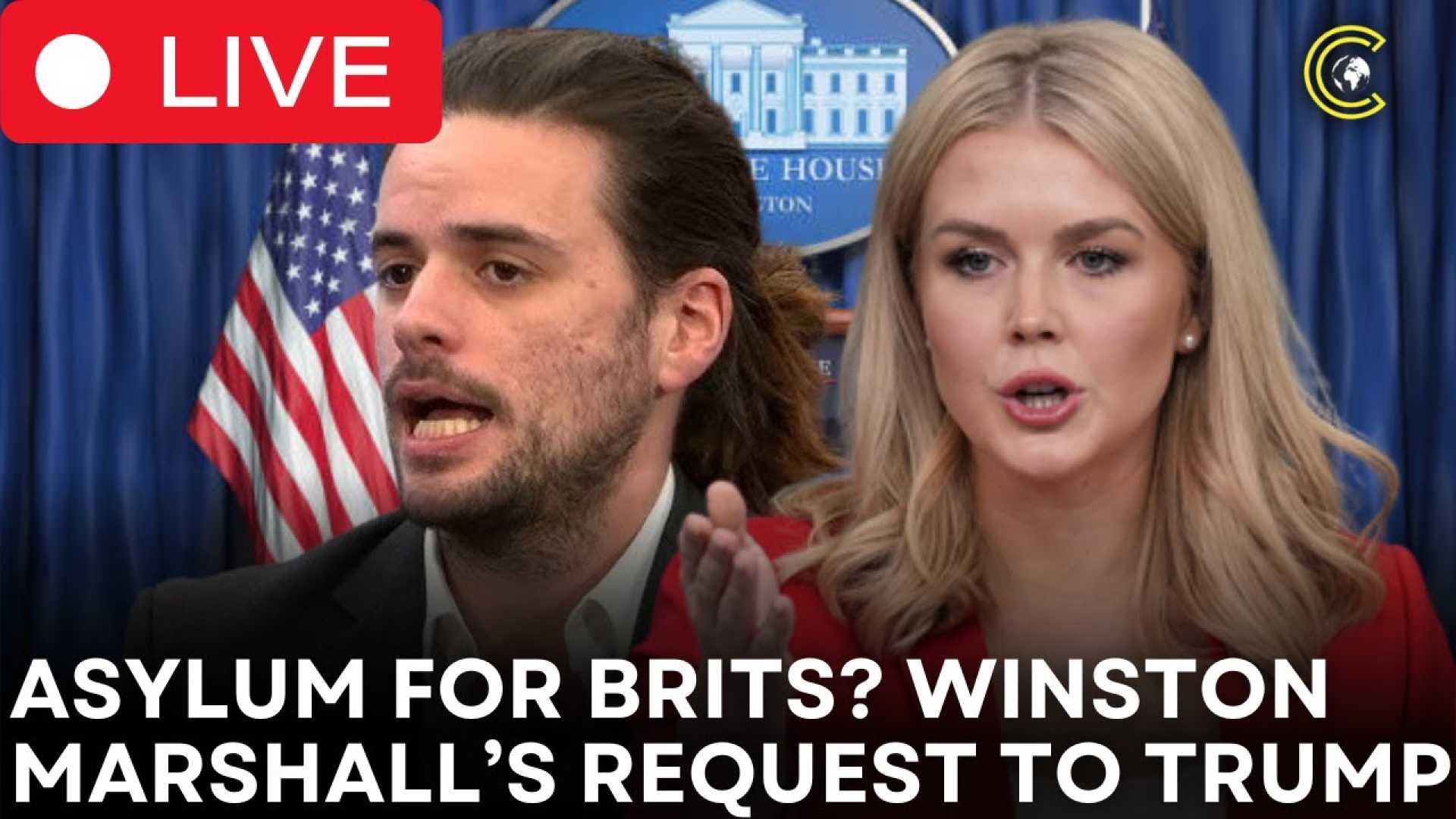Politics
Winston Marshall Asks White House About Asylum for British Free Speech Violators

WASHINGTON, D.C. — Winston Marshall, the former banjoist of Mumford & Sons, raised a provocative question during a White House press briefing on Monday. He asked Press Secretary Karoline Leavitt whether the U.S. would consider granting political asylum to British citizens imprisoned for speech-related offenses.
Marshall’s inquiry came amid growing concerns over free speech in the United Kingdom. He highlighted that over 250,000 individuals have been labeled as non-crime hate incidents, with some even facing prison time for posting memes online. “In Britain, we have extensive prison sentences for tweets and social media posts,” he said. “Would the Trump administration consider political asylum for British citizens in such a situation?”
Leavitt responded with surprise, saying, “It’s a very good one. I have not heard that proposed to the president nor have I spoken to him about that idea, but I certainly can check with our national security team.” She assured Marshall that the administration values free speech, referring to discussions between President Trump and the British Prime Minister about the importance of the First Amendment.
Marshall, who has become a vocal advocate for free speech after leaving Mumford & Sons in 2021, has faced backlash for his political views. He was reportedly “canceled” after supporting conservative journalist Andy Ngo‘s book, “Unmasked,” which critiques left-wing activism. In a November 2022 interview, he expressed feeling liberated to speak on controversial topics after his departure from the band.
In his address, Marshall cited recent cases, including Adam Smith-Connor, who faced legal consequences for silent prayer outside an abortion clinic, as evidence of the retreat of free speech in Britain. “As we speak, there are people in prison for quite literally reposting memes,” he reiterated.
Vice President JD Vance has also spoken on this issue, expressing concerns that Europe is regressing in terms of free speech rights. The Trump administration’s stance on these matters could influence ongoing trade negotiations with the UK, where leaders grapple with the intersection of free speech and legal repercussions.
Leavitt concluded by emphasizing the ongoing American commitment to free speech. The questions raised during the briefing have sparked discussions about the future of free expression both in the U.S. and abroad.












